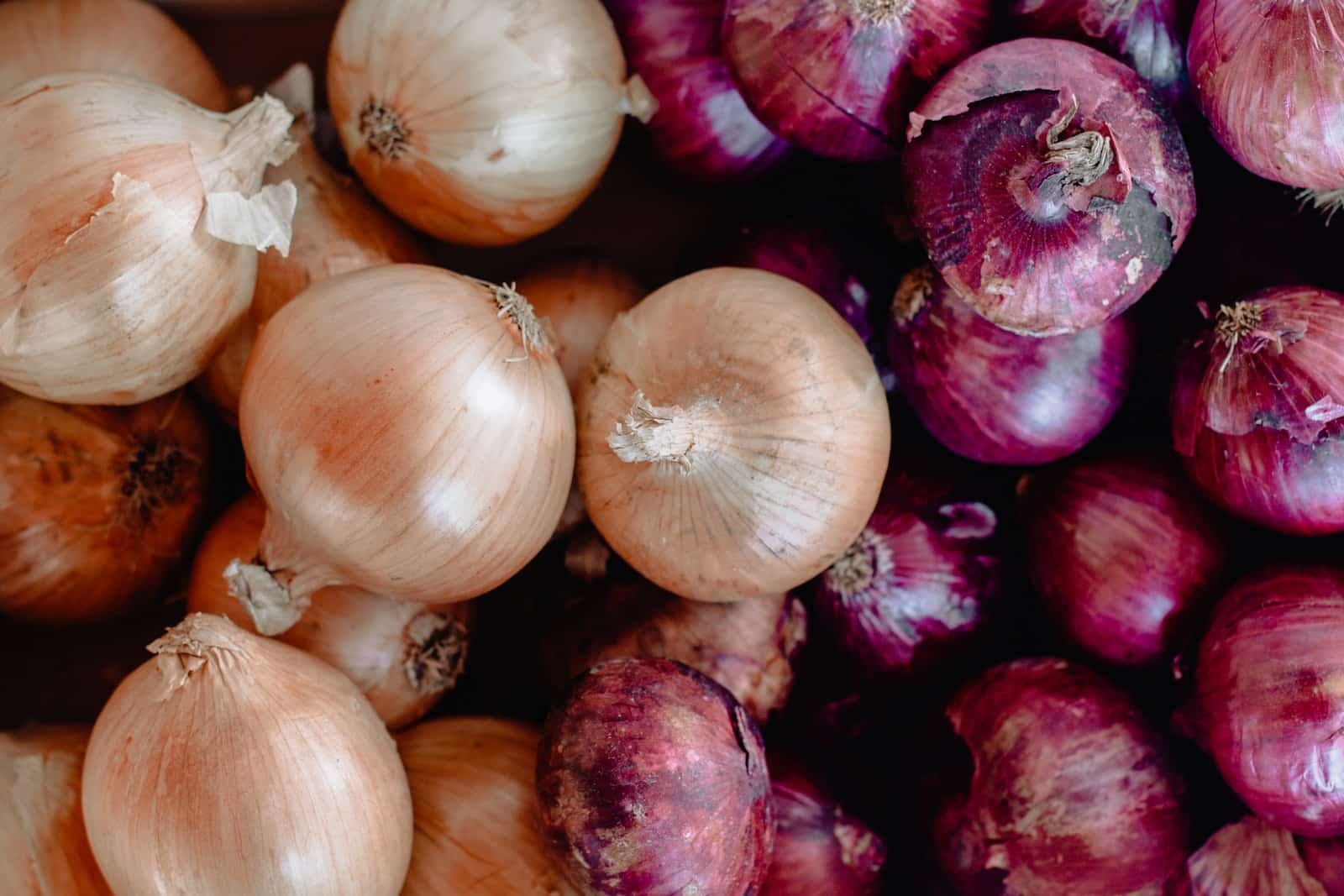Onions are a staple in kitchens worldwide, and whether you’re dicing them for a mirepoix, caramelizing them for a savory jam, or simply storing them for future use, how you store them can make a big difference in their taste, texture, and safety. We’ll explore the best practices for storing onions, including the dos and don’ts that will help maximize their shelf life and reduce waste.
Before we get into storage tips, let’s understand our onions a bit better. Onions are part of the allium family, which also includes garlic, leeks, and chives. They’re known for their pungent flavor and versatility in dishes. But they’re not just flavorful; they’re also packed with nutrients like vitamin C, dietary fiber, and folic acid.
Alright, let’s get down to business. Here’s how you can store your onions to keep them fresh and safe:
Onions prefer a cool, dry, well-ventilated place away from sunlight. The pantry or a storage room is ideal. But remember, onions are social creatures – they don’t like to be too close to other produce. Store them in a mesh bag, basket, or even pantyhose to keep the air circulating around them. This can help them last for several weeks, sometimes up to a month or more.
If you’ve cut an onion, the story changes. Partially used onions should be refrigerated in a sealed container. You should use these within a few days, as they can become a breeding ground for bacteria. Whole peeled onions can also be stored in the fridge, where they can last up to two weeks.
Got more onions than you can use? Freeze them! Chopped onions can be frozen without blanching. Just spread them on a tray to freeze individually, and then transfer them to a resealable freezer bag. They’re perfect for cooking but won’t be great raw once thawed due to texture changes.
Don’t store onions with potatoes. They might be best friends in cooking, but together in storage, they spoil faster. The moisture and gases from the potatoes can make onions rot. And don’t keep onions in plastic bags; they need to breathe to prevent moisture accumulation, which can lead to spoilage.
When it comes to food safety, onions have been in the spotlight. According to the CDC, onions have been linked to several salmonella outbreaks in the past. This is often due to cross-contamination during harvesting or from contaminated irrigation water.
To minimize risks, always handle onions with clean hands and use clean cutting boards and knives. If an onion looks or smells off, with mold or an unusual softness, it’s best to toss it out. Better safe than sorry!
By storing onions correctly, you not only keep them fresh but also maintain their nutritional quality. Proper storage can prevent the growth of pathogens, reduce food waste, and save you money. Plus, you’ll always have a delicious onion ready for your next culinary adventure!


